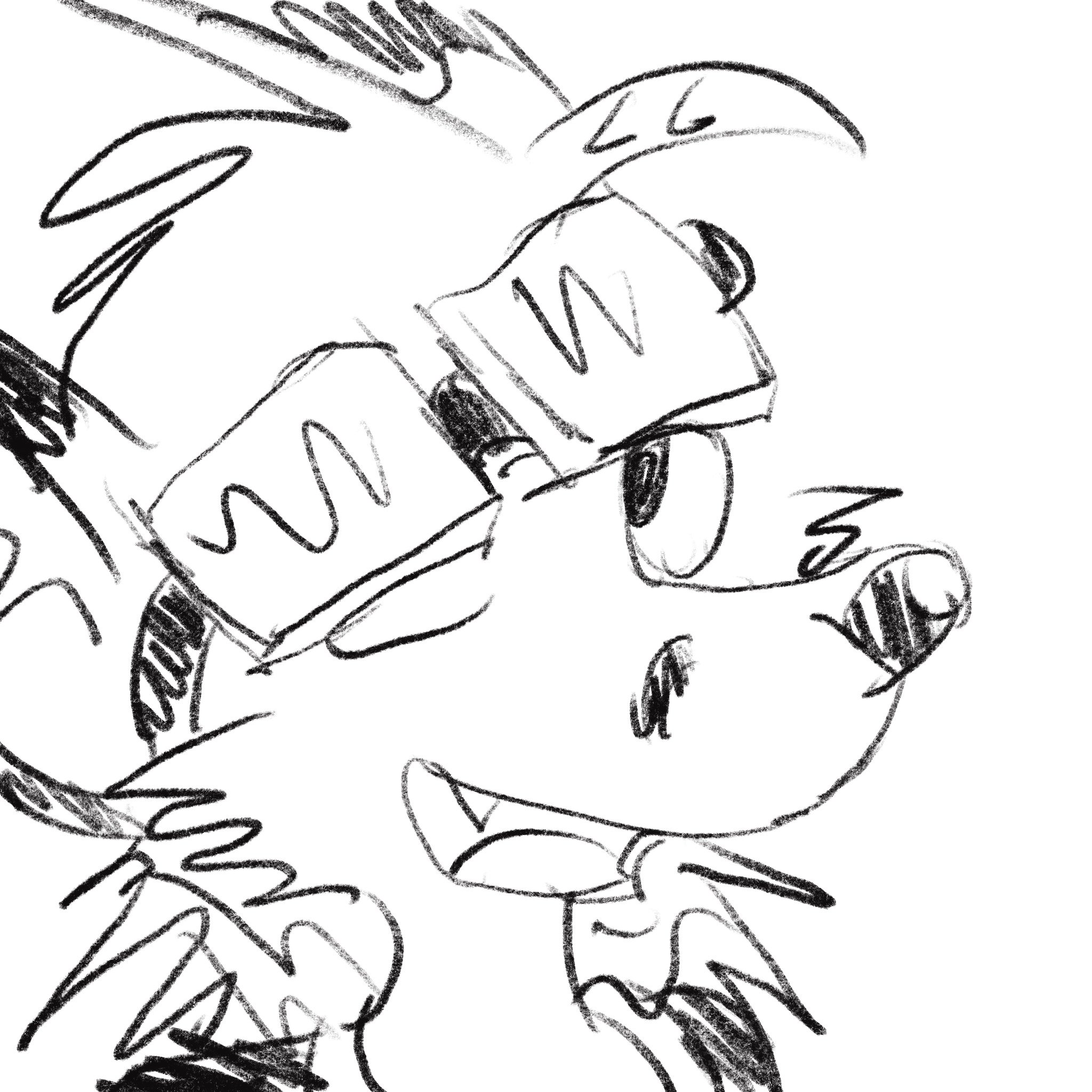OpenAI has publicly responded to a copyright lawsuit by The New York Times, calling the case “without merit” and saying it still hoped for a partnership with the media outlet.
In a blog post, OpenAI said the Times “is not telling the full story.” It took particular issue with claims that its ChatGPT AI tool reproduced Times stories verbatim, arguing that the Times had manipulated prompts to include regurgitated excerpts of articles. “Even when using such prompts, our models don’t typically behave the way The New York Times insinuates, which suggests they either instructed the model to regurgitate or cherry-picked their examples from many attempts,” OpenAI said.
OpenAI claims it’s attempted to reduce regurgitation from its large language models and that the Times refused to share examples of this reproduction before filing the lawsuit. It said the verbatim examples “appear to be from year-old articles that have proliferated on multiple third-party websites.” The company did admit that it took down a ChatGPT feature, called Browse, that unintentionally reproduced content.
This is the best summary I could come up with:
OpenAI has publicly responded to a copyright lawsuit by The New York Times, calling the case “without merit” and saying it still hoped for a partnership with the media outlet.
OpenAI claims it’s attempted to reduce regurgitation from its large language models and that the Times refused to share examples of this reproduction before filing the lawsuit.
It said the verbatim examples “appear to be from year-old articles that have proliferated on multiple third-party websites.” The company did admit that it took down a ChatGPT feature, called Browse, that unintentionally reproduced content.
However, the company maintained its long-standing position that in order for AI models to learn and solve new problems, they need access to “the enormous aggregate of human knowledge.” It reiterated that while it respects the legal right to own copyrighted works — and has offered opt-outs to training data inclusion — it believes training AI models with data from the internet falls under fair use rules that allow for repurposing copyrighted works.
The company announced website owners could start blocking its web crawlers from accessing their data on August 2023, nearly a year after it launched ChatGPT.
The company recently made a similar argument to the UK House of Lords, claiming no AI system like ChatGPT can be built without access to copyrighted content.
The original article contains 364 words, the summary contains 217 words. Saved 40%. I’m a bot and I’m open source!
The problem is not that it’s regurgitating. The problem is that it was trained on NYT articles and other data in violation of copyright law. Regurgitation is just evidence of that.
Its not clear that training on copyrighted material is in breach of copyright. It is clear that regurgitating copyrighted material is in breach of copyright.
There hasn’t been a court ruling in the US that makes training a model on copyrighted data any sort of violation. Regurgitating exact content is a clear copyright violation, but simply using the original content/media in a model has not been ruled a breach of copyright (yet).
True. I fully expect that the court will rule against OpenAI here, because it very obviously does not meet any fair use exemption.
For that to work, NYT has to prove OpenAI is copying their words verbatim, not just their style.
If the AI isn’t outputting a string of words that can be found on an NYT article, they don’t stand a chance
And I suppose people at OpenAI understand how to build a formal proof and that it is one. So it’s straight up dishonest.
So, OpenAI is admitting its models are open to manipulation by anyone and such manipulation can result in near verbatim regurgitation of copyright works, have I understood correctly?
Not quite.
They’re alleging that if you tell it to include a phrase in the prompt, that it will try to, and that what NYT did was akin to asking it to write an article on a topic using certain specific phrases, and then using the presence of those phrases to claim it’s infringing.
Without the actual prompts being shared, it’s hard to gauge how credible the claim is.
If they seeded it with one sentence and got a 99% copy, that’s not great.
If they had to give it nearly an entire article and it only matched most of what they gave it, that seems like much less of an issue.
What a silly and misuided lawsuit.
OpenAI claims that the NYT articles were wearing provocative clothing.
Feels like the same awful defense.
Christ this is a boring fucking debate. One side thinks companies like OpenAI are obviously stealing and feels no need to justify their position, instead painting anyone who disagrees as pro-theft.
Whether or not they “instructed the model to regurgitate” articles, the fact is it did so, which is still copyright infringement either way.
Presses X to doubt
I’m gonna have to press X to doubt that, OpenAI.





